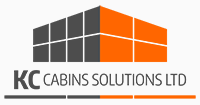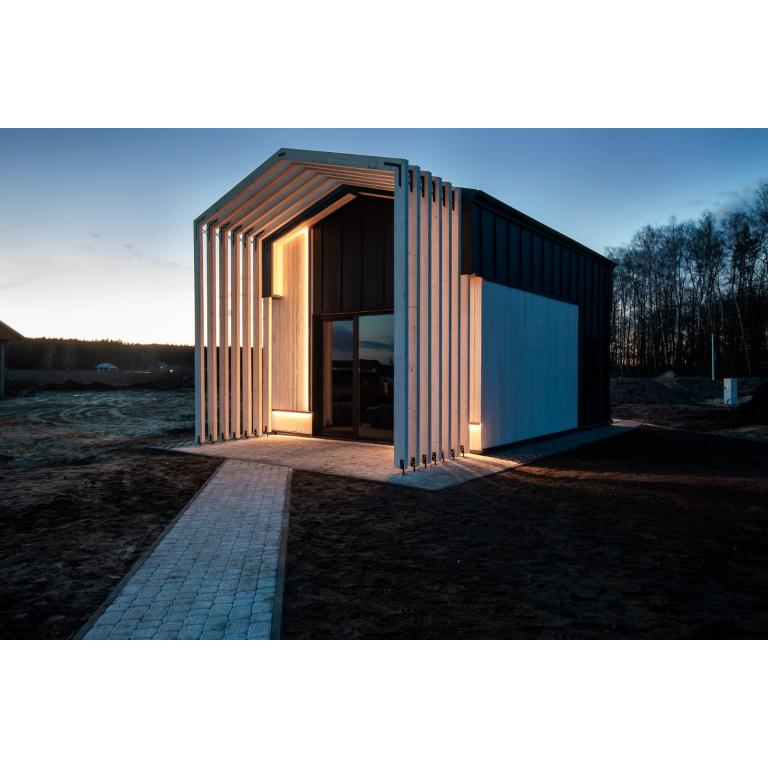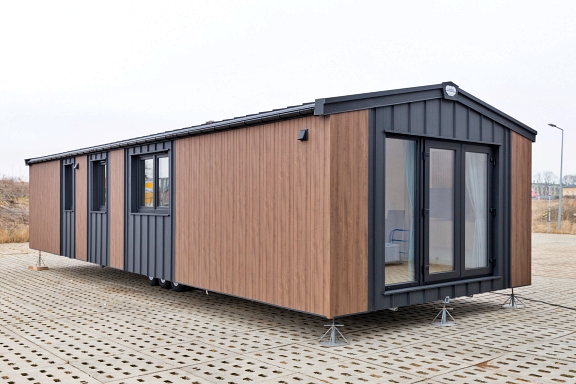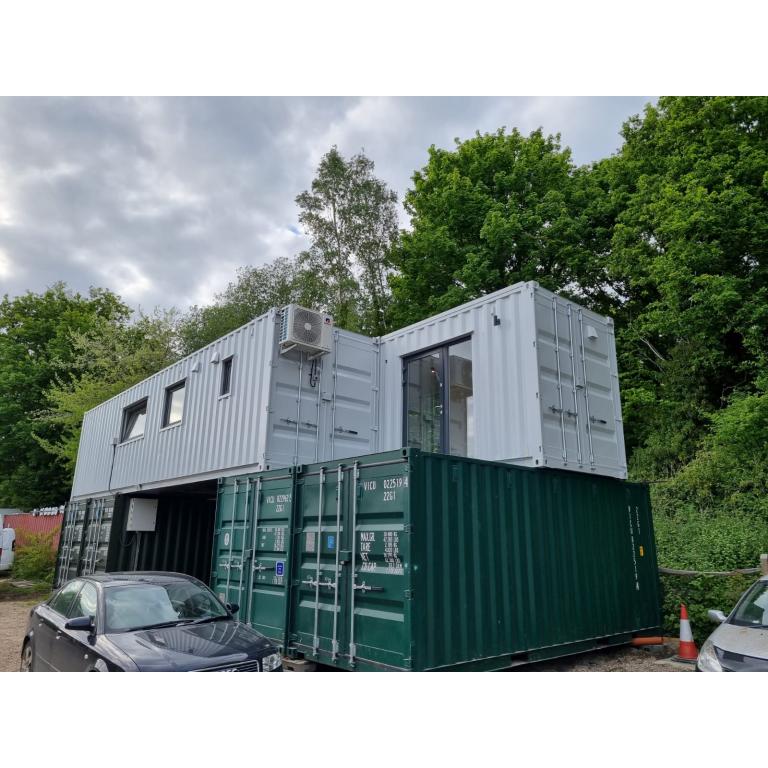Why Modular Buildings are the Future: Sustainable and Energy-Efficient Solutions Compared to Standard Construction
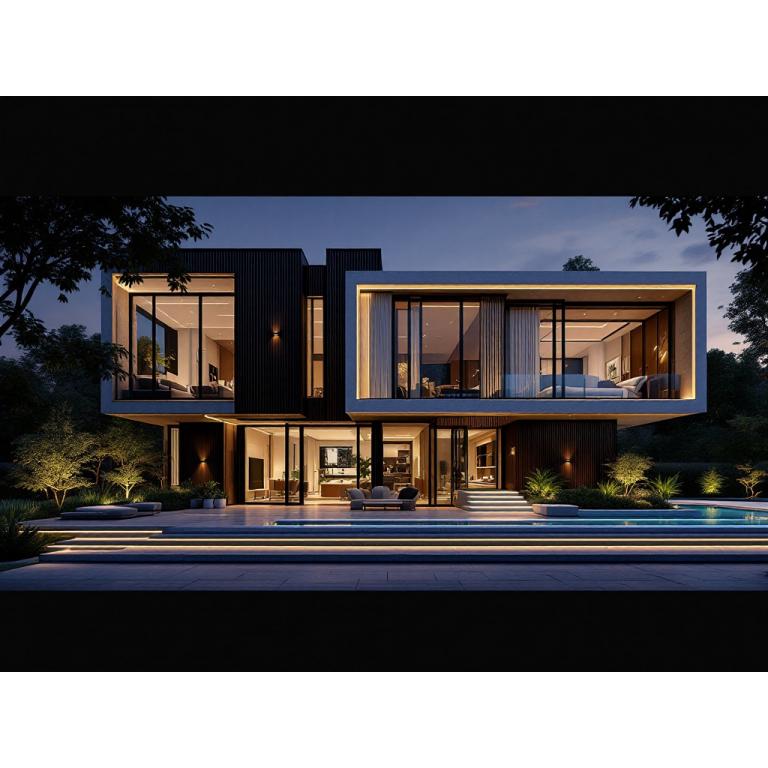
Introduction In today’s rapidly changing world, sustainability and energy efficiency have become top priorities in the construction industry. Modular buildings are emerging as a leading solution, offering significant advantages over traditional construction methods. But what makes them stand out? Let’s…
